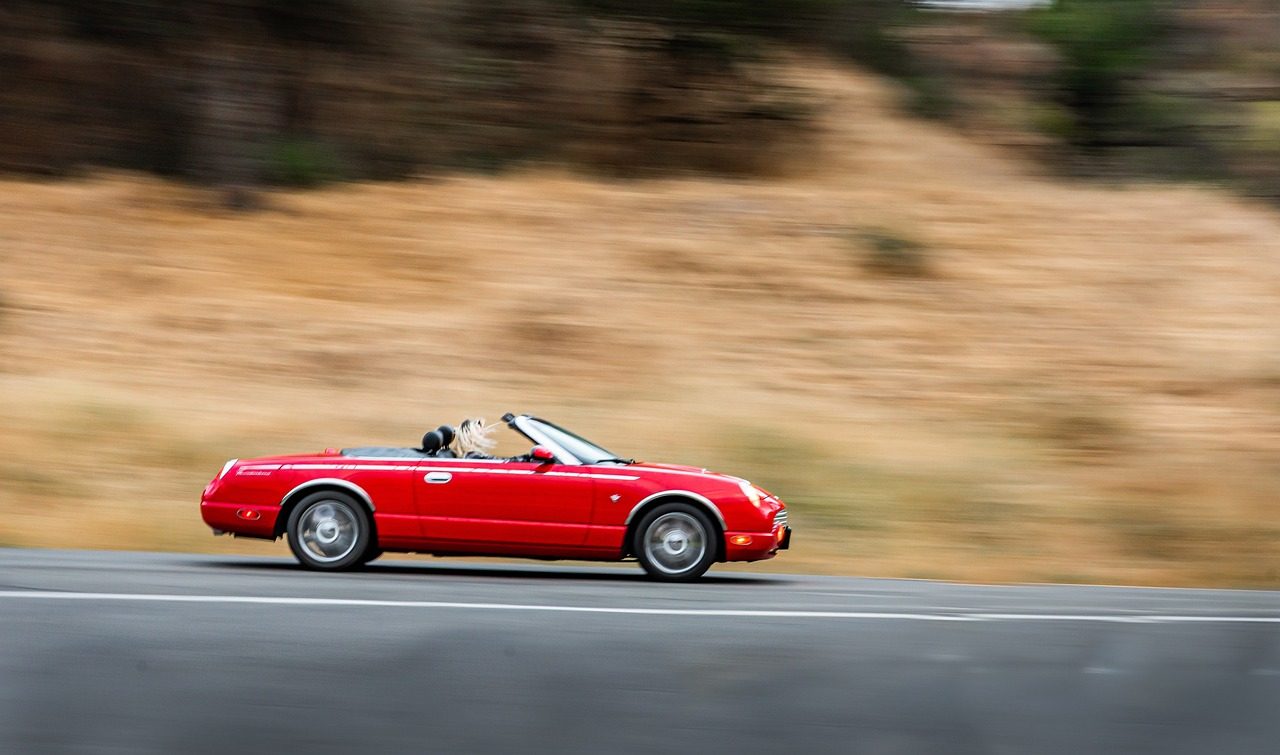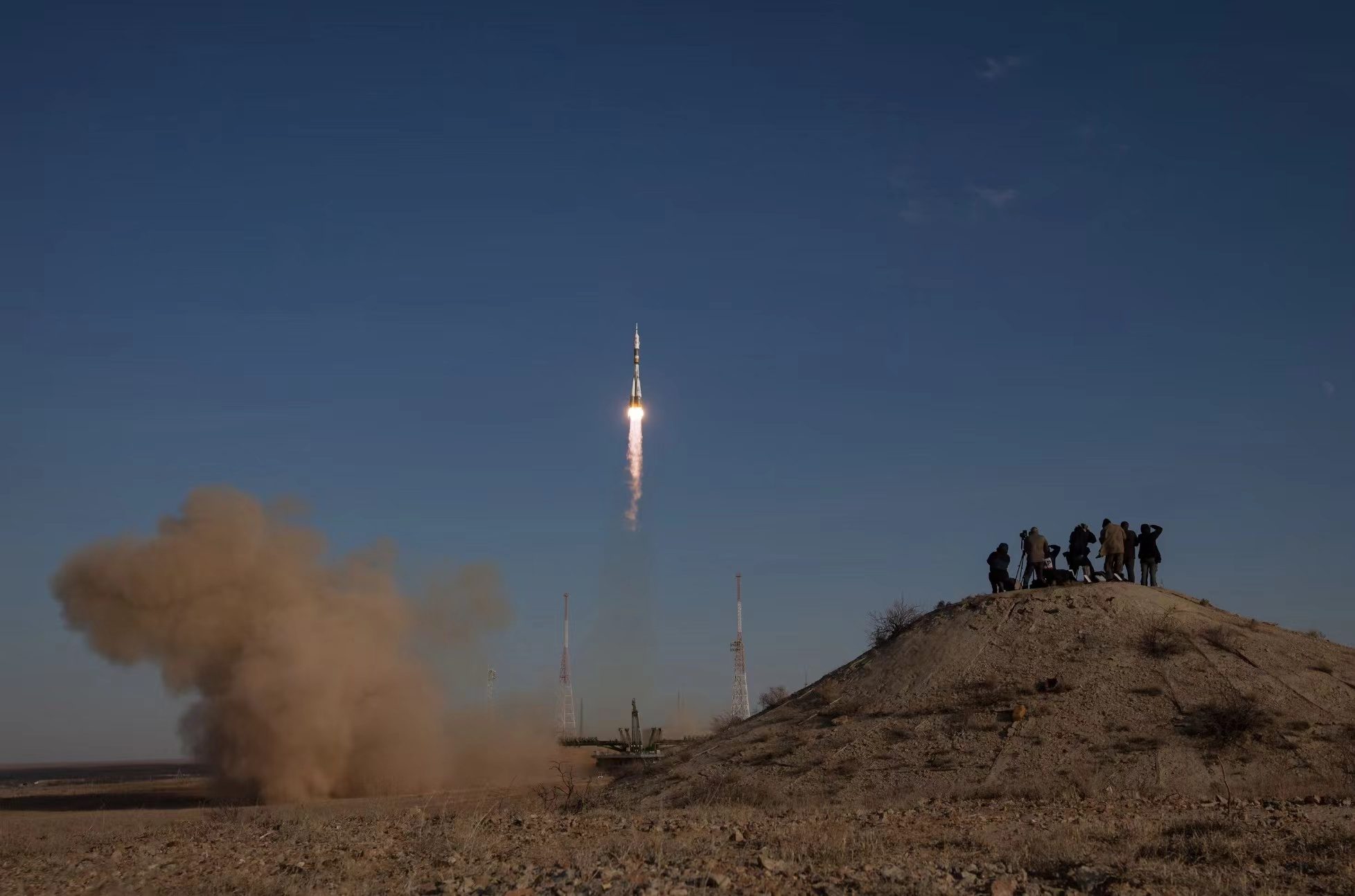MANILA, Philippines — In a move that would enhance competition in an industry dominated by fintech apps funded by giants such as China’s Ant Group and KKR, the Philippines’ top bank is eyeing a piece of the country’s thriving mobile payments business. BDO Unibank released BDO Pay, a mobile wallet for bills, merchant payments, and money transfers, earlier this year. Currently, the service is only available to BDO account holders. On its website, however, the bank states that it is “working on making BDO Pay available [also to] non-account holders.” BDO already has a digital banking app, with 18.6 million customers in 2020. Its foray into the mobile wallet market exemplifies how traditional lenders are expanding their digital offerings in the face of a growing threat from fintech opponents. Last year, in the Philippines, where roughly 70% of the population lacks a bank account, mobile wallet adoption and digital payments skyrocketed as long-term lockdowns forced millions of customers and thousands of companies to go digital. BDO did not respond to questions about BDO Pay, but analysts said the bank’s dominant position and size would help it compete against leading fintech players such as GCash, which is backed by Globe Telecom and Ant Group in the Philippines, and Paymaya, which is backed by PLDT, KKR, and China’s Tencent Holdings. “We believe BDO has the ability to maneuver in this area, thanks to its excellent digital infrastructure and sheer size and scale,” said Justin Tembrevilla, stock research head at Unicapital Securities. BDO, the Philippines’ largest lender by assets, is a subsidiary of SM Investments, the country’s most valuable conglomerate, which is controlled by the Sy family, the country’s wealthiest. With over 3,000 multi-format locations ranging from specialty stores to supermarkets, SM’s retail arm is the country’s largest. SM’s shopping mall network is the country’s largest, with thousands of more merchants. BDO may take advantage of this network, according to Tembrevilla, who added that “BDO can also cross-sell BDO Pay services to its clients, thereby providing ease of access.” The performance of the top mobile wallets last year implies a big possibility. GCash processed 1 trillion pesos ($20 billion) in transactions, with 30 million registered users. Paymaya handled 700 billion pesos in transactions and had 28 million accounts. They plan to double transaction value this year and have just received $175 million and $167 million in new money to fund their digital offensives, respectively. BDO’s mobile wallet appears to be a good fit with the company’s other offerings. According to AP Securities senior analyst Rachelle Cruz, allowing non-account holders to utilize BDO Pay could be a method for the bank to attract new consumers. “It’s more of a complimentary service for their current clients with the hopes of getting a bigger piece of the pie in the future.” As bank loan growth slows due to the recession, a successful mobile payments firm could help raise revenue. “Looking into services where they may collect fees is one of the possibilities to grow the bottom line,” Cruz added. However, the expert points out that there are obstacles. “The management realizes that the [mobile payment] category is growing, but in terms of monetization,” Cruz said, “we know that GCash and Paymaya have yet to truly monetize the customer base they have right now.”/n
Read MorePhilippines’ biggest bank seeks slice of mobile payment boom
2021-07-15T02:53:46-04:00July 15th, 2021|





